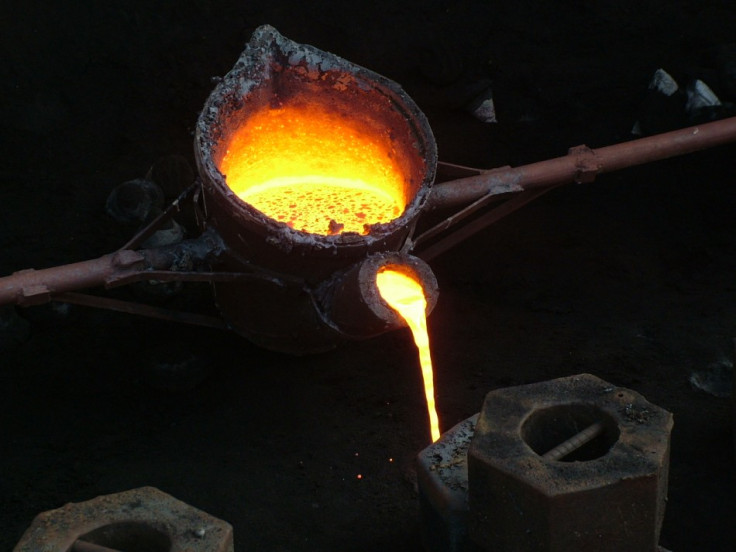Asia PMI summary: China manufacturing rebounds, India slows, Indonesia falls to record low

Manufacturing conditions in Asia as per the purchasing managers index surveyed by HSBC/Markit showed mixed results for Asia in February, with China's numbers coming in most impressive, India losing momentum and the Indonesian index hitting a record low.
China PMI was at 50.7 in February, compared to the earlier flash reading of 50.1 and up from January's 49.7. It signalled "the first improvement in the health of the sector" since last October, Markit said.
The headline India PMI fell to 51.2 from 52.9, reaching a five-month low with all five components declining.
"The moderation in India's manufacturing growth rate was evident across the three monitored market groups. Subsequently, employment decreased, reversing the marginal rise seen in January," said Pollyanna De Lima, economist at Markit.
Commenting on the China survey, another economist Annabel Fiddes, said: "China's manufacturing sector saw an improvement in overall operating conditions in February, with companies registering the strongest expansion of output since last summer while total new business also rose at a faster rate."
Taiwan, Vietnam and Indonesia
Indonesia's manufacturing sector continued to contract during February, and at a slightly accelerated pace, while output and new orders expanded at slightly faster rates in Taiwan and Vietnam maintained its recent period of growth.
Indonesia's PMI slipped to a record low of 47.5 in February, down from January's 48.5 and slightly lower than December's 47.6.
"As new orders fell at a survey-record pace, reflective in part of rising prices negatively weighting on demand, the near-term outlook for the sector remains a little underwhelming, said Paul Smith, a Markit economist.
"Accordingly, manufacturers responded by cutting their staffing levels further during February."
The PMI has now posted below the 50.0 no-change mark that separates growth from contraction for five months in succession, Markit added.
The Taiwan PMI posted at 52.1 in February, up from 51.7 in January, and signalled a further improvement in operating conditions. The rate of improvement remained weaker than what was seen throughout much of 2014.
Vietnamese PMI rose to 51.7 in February, up marginally from January's 51.5 as operating conditions have strengthened on a monthly basis throughout the past year-and-a-half.
New orders and output have risen at faster rates than at the start of the year in Vietnam in February, Markit said.
Japan and Korea
As per February PMI data, both Japan and Korea saw a positive improvement in operating conditions in the manufacturing sector.
Japan's headline PMI eased to 51.6 from 52.2 in January, but according to the survey, it still signalled a moderate overall improvement in operating conditions the manufacturers.
Furthermore, the latest reading posted above the long-run series average, with weaker yen supporting Japan's exporters, Markit said.
"Production increased at the fastest pace since before the sales tax increase in April 2014, while new orders remained in moderate growth territory," said Amy Brownbill, another Markit economist.
Meanwhile, the depreciation of the yen led to increased international trade, as new exports rose at the quickest pace since December 2013.
The research firm also highlighted the flip side of the exchange rate move. The negative side of the falling yen/dollar rate was still felt by manufacturers, as purchasing costs continued to rise sharply.
South Korea's PMI posted at 51.1 in February, unchanged from January's reading, signalling a sustained improvement in operating conditions.
Production rose at the fastest pace since April 2013, alongside a sustained moderate increase in new orders. Subsequently, employment levels remained in growth territory, with the rate of expansion the strongest in just under a year, the Markit press release said.
"Falling raw material costs, in particular oil, led to a further fall in overall input prices, while manufacturing charges declined at the fastest rate in just under six years," Brownbill added.
© Copyright IBTimes 2025. All rights reserved.






















